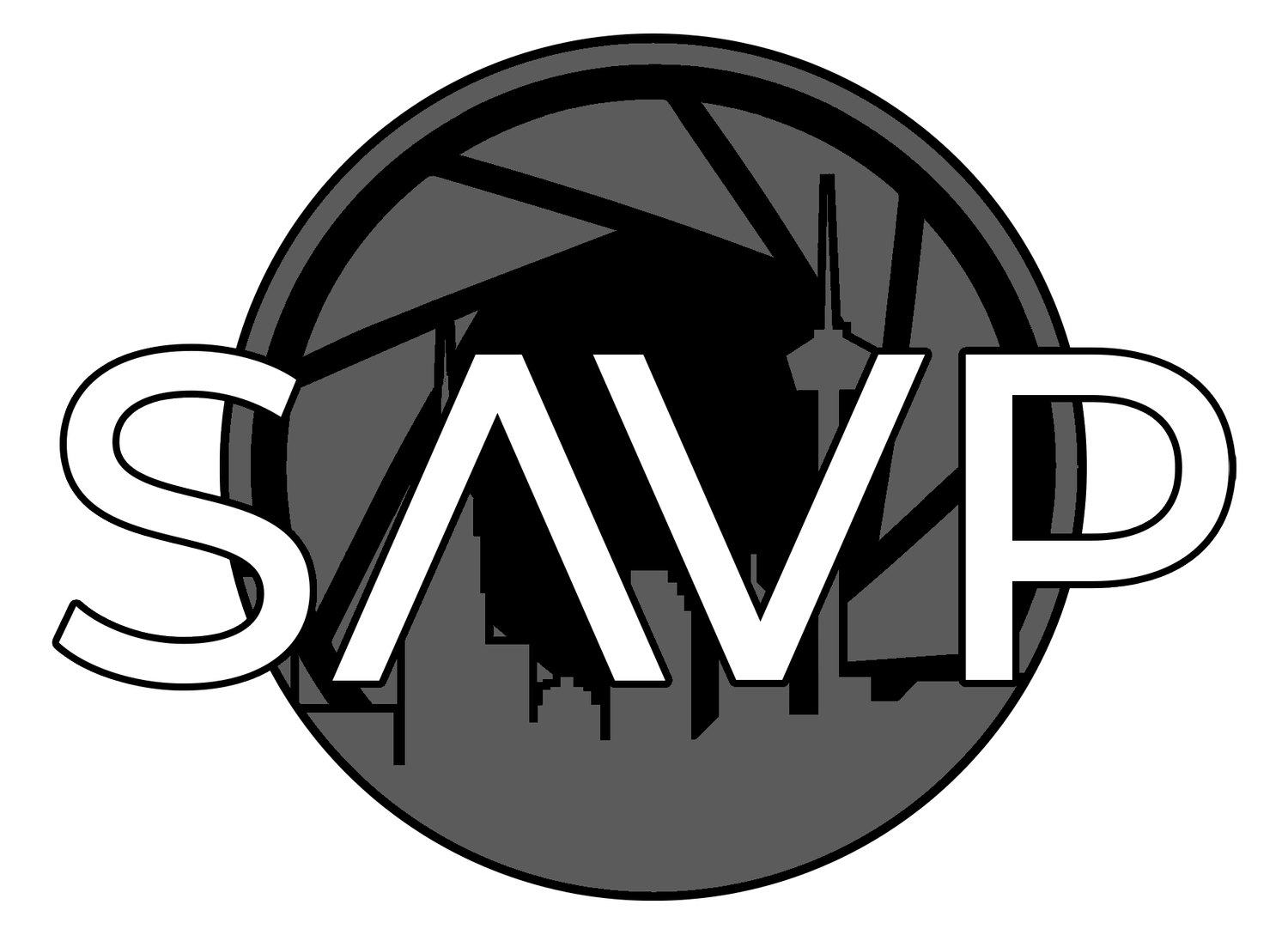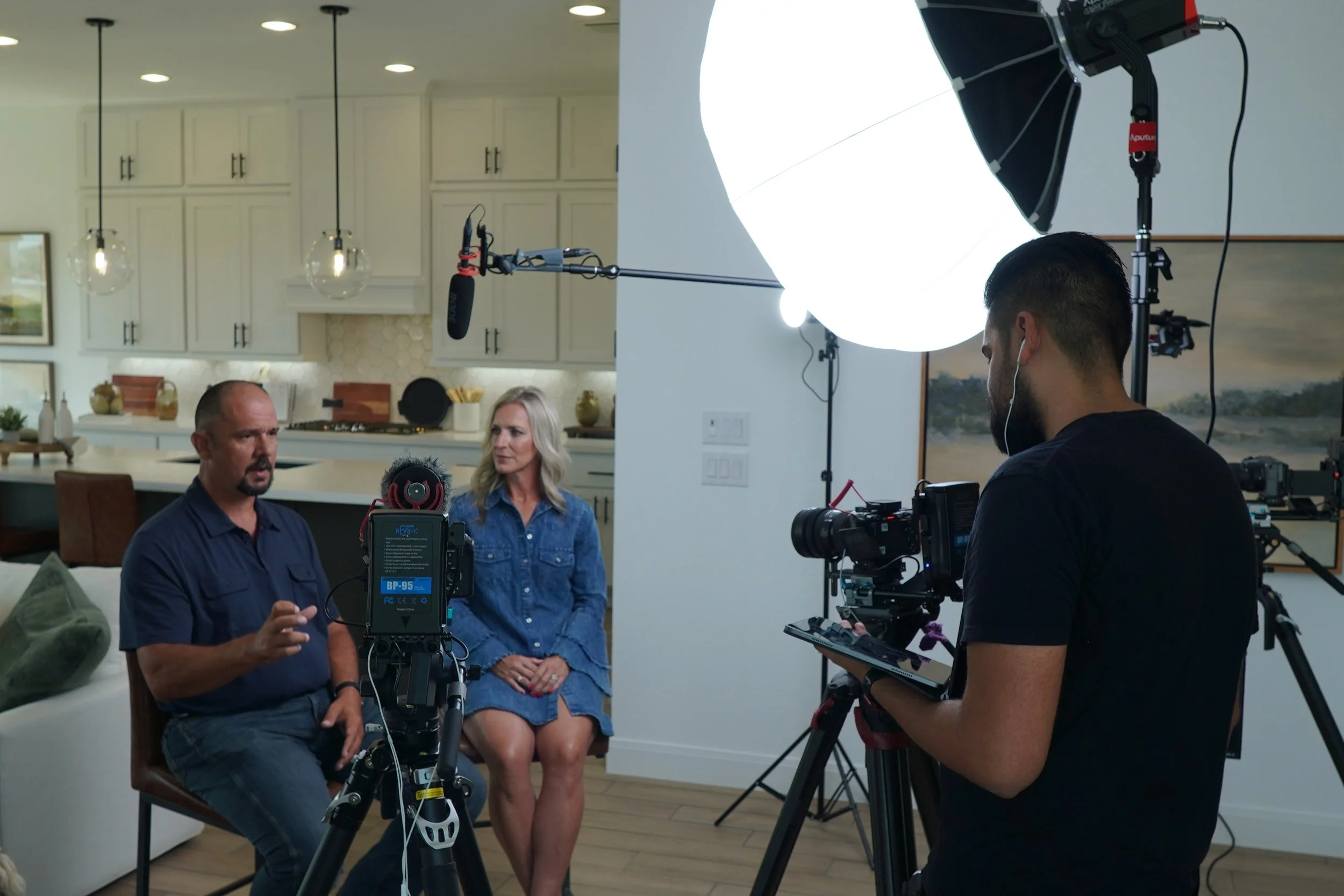Transform Your Interviewing Skills: A Deep Dive into Effective Techniques
Are you ready to transform your interviewing skills? In today's fast-paced world, the ability to conduct effective interviews is more crucial than ever. Whether you're a videographer, a marketer, or a business owner, mastering the art of interviews can significantly enhance your communication and storytelling abilities. In this blog, we will explore effective strategies, practical tips, and insightful methods that can elevate your interviewing game.
Understanding the Importance of Interviews
Interviews are not just a means to gather information; they are a powerful tool for connection and storytelling. Each interview presents an opportunity to engage with your audience on a deeper level. By reflecting on past interviews, we can uncover surprising insights that shape our approach and improve our skills.
The Role of Storytelling in Interviews
Storytelling is at the heart of effective interviews. It allows you to convey information in a way that resonates with your audience. When you craft your questions thoughtfully, you invite your interviewee to share their experiences and insights, creating a narrative that captivates your audience. This connection is vital in any field, as it fosters understanding and engagement.
Effective Strategies to Prep Your Interviewee
Preparation is key to conducting successful interviews. Here are some effective strategies to ensure your interviewee is ready for a smooth conversation:
1. Research Your Interviewee
Before the interview, take the time to research your interviewee. Understand their background, expertise, and any relevant experiences they may have. This knowledge will help you tailor your questions and create a more engaging dialogue.
2. Set Clear Expectations
Communicate the purpose of the interview and what your interviewee can expect. This includes discussing the format, duration, and any specific topics you plan to cover. Setting clear expectations helps to alleviate any anxiety your interviewee may have and allows them to prepare accordingly.
3. Create a Comfortable Environment
The environment in which you conduct the interview plays a significant role in its success. Ensure that the setting is comfortable and free from distractions. This will help your interviewee feel at ease and encourage open communication.
Practical Setup Tips for Quality Interviews
The technical aspects of conducting interviews are just as important as the interpersonal skills involved. Here are some practical setup tips to enhance the quality of your interviews:
1. Choose the Right Equipment
Invest in quality recording equipment to ensure clear audio and video. This includes microphones, cameras, and lighting. The right tools can make a significant difference in the overall quality of your interview.
2. Test Your Setup
Before the interview begins, conduct a test run of your equipment. Check the audio levels, lighting, and framing of your shots. This will help you identify any potential issues and ensure a smooth recording process.
3. Minimize Background Noise
Choose a quiet location for your interview to minimize background noise. If you're conducting the interview in a public space, consider using directional microphones to focus on your interviewee's voice and reduce ambient sounds.
Crafting Insightful Questions
The questions you ask during an interview can make or break the conversation. Here are some methods for crafting questions that get to the heart of the matter:
1. Use Open-Ended Questions
Open-ended questions encourage your interviewee to share their thoughts and experiences in detail. Instead of asking yes or no questions, frame your inquiries to invite elaboration. For example, instead of asking, "Did you enjoy your last project?" consider asking, "What aspects of your last project did you find most rewarding?"
2. Follow Up on Responses
Active listening is crucial during interviews. Pay attention to your interviewee's responses and ask follow-up questions to delve deeper into their insights. This not only shows that you value their input but also helps to uncover richer narratives.
3. Be Flexible
While it's essential to have a set of questions prepared, be open to deviating from your script. If your interviewee shares something intriguing, don't hesitate to explore that topic further. Flexibility can lead to unexpected and valuable insights.
Broader Implications of Mastering Interviews
Mastering the art of interviews extends beyond videography or content creation. The skills you develop can be applied in various aspects of your life and work. Effective communication is a universal principle that enhances relationships, fosters collaboration, and drives success.
Building Connections
In today's interconnected world, the ability to connect with others is invaluable. Whether you're networking, collaborating on projects, or engaging with clients, strong interviewing skills can help you build meaningful relationships.
Enhancing Leadership Abilities
For leaders, effective interviewing skills are essential for understanding team dynamics and fostering a positive work environment. By conducting interviews with empathy and insight, leaders can gain a deeper understanding of their team's needs and motivations.
In conclusion, transforming your interviewing skills is a journey that requires practice, reflection, and a willingness to learn. By implementing effective strategies, practical tips, and insightful methods, you can elevate your interviewing game and connect with others in meaningful ways.
Check out my latest YouTube video for a deeper dive into these techniques and start your journey toward mastering interviews today.


